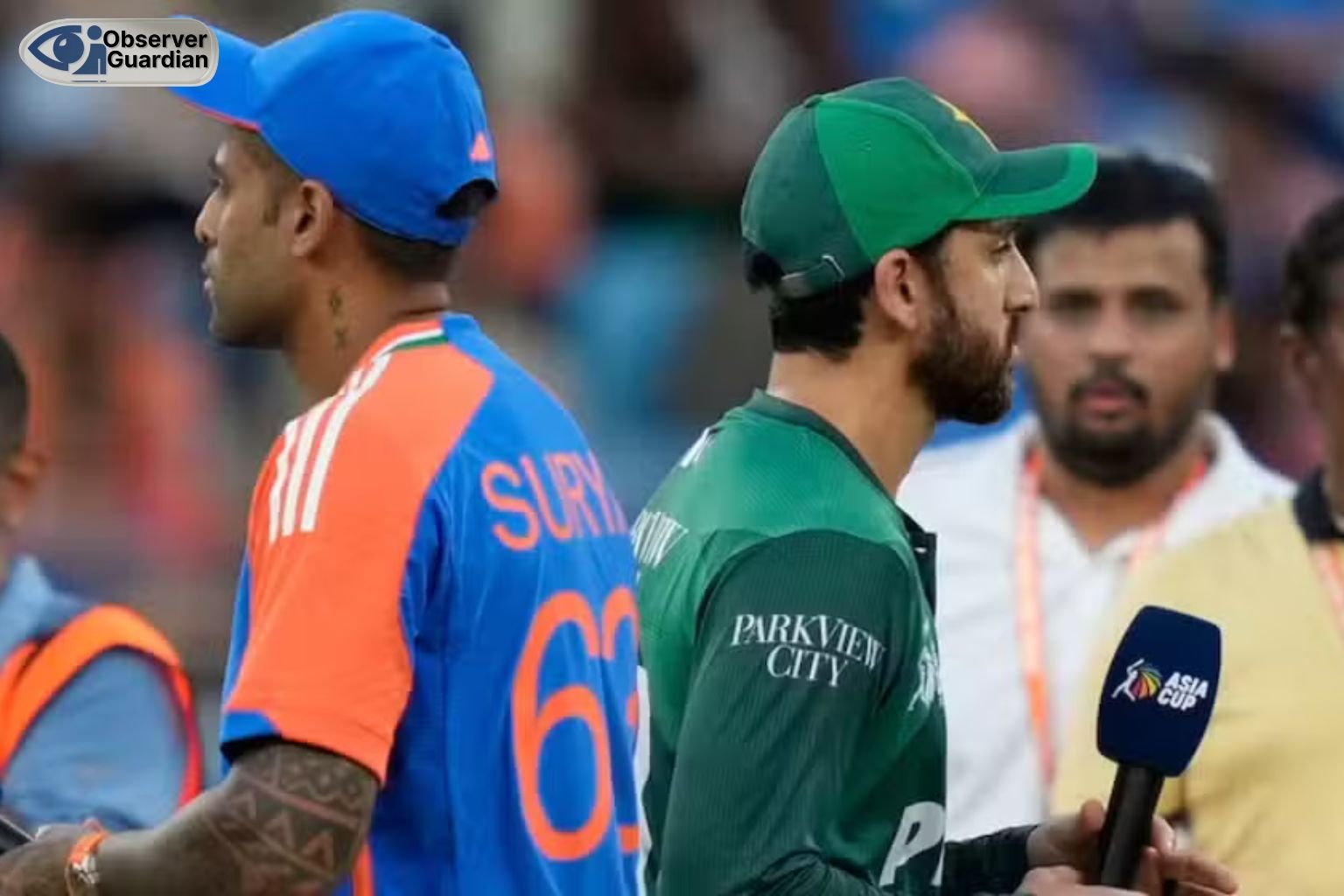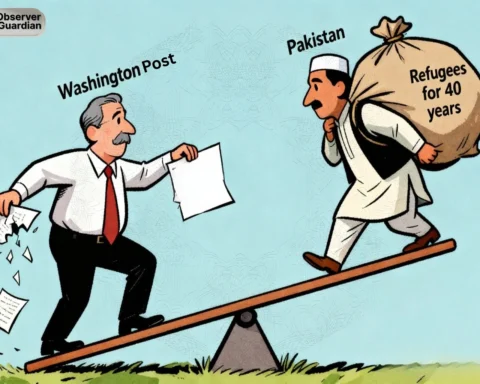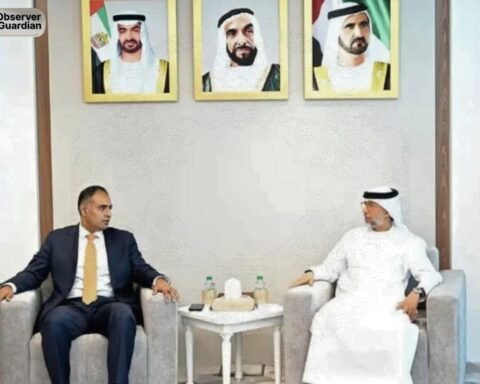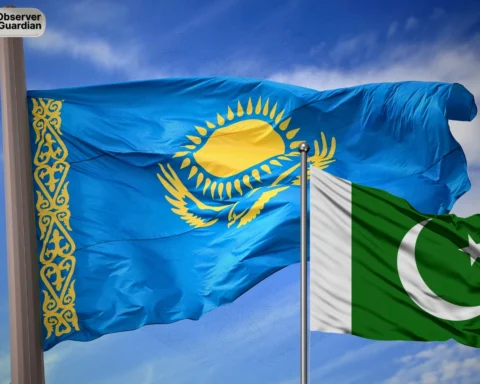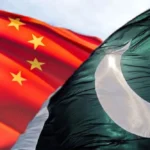Tensions have escalated in the Asia Cup 2025 as Pakistan cancelled their pre-match press conference ahead of their scheduled fixture against the UAE. The move follows a growing dispute between the Pakistan Cricket Board (PCB) and tournament officials over the appointment of match referee Andy Pycroft. PCB officials allege that Pycroft violated sportsmanship protocols during an earlier India–Pakistan match, particularly over an incident involving the customary handshake at the toss.
The cancellation has fueled speculation that Pakistan may boycott the remainder of the tournament if their concerns are not addressed. While the team continues to train and prepare for upcoming matches, much now depends on whether the Asian Cricket Council (ACC) or the International Cricket Council (ICC) can offer a resolution that satisfies Pakistan’s demands.
Key Issues Behind the Dispute
At the center of the controversy is PCB’s complaint about Andy Pycroft’s conduct. The board claims that the referee breached the spirit of the game by allegedly discouraging a handshake between captains at the toss. PCB has formally requested his removal from officiating Pakistan’s matches, but so far the tournament organizers have not fully agreed to these terms. A proposal to replace Pycroft for select fixtures has been floated, but Pakistan has maintained a firm position that a complete removal is necessary.
Significance of the Cancelled Press Conference
Cancelling a scheduled press conference sends a strong message that the PCB is unwilling to engage in routine media interactions while such a dispute remains unresolved. It also serves as a calculated move to maintain pressure on the governing bodies and avoid difficult questions from the press. For fans and stakeholders, it signals uncertainty about Pakistan’s participation and casts a shadow over the tournament’s schedule.
Trump Vows National Emergency in Washington DC Over ICE Dispute
Possible Outcomes
Several scenarios are now on the table. A full boycott remains a possibility if Pakistan’s demands are not met, which would have serious sporting and financial implications. A partial compromise could involve assigning a different referee to Pakistan’s matches or issuing an official clarification to ease tensions. Alternatively, diplomatic negotiations could produce a face-saving settlement that allows the team to continue without further disruption.
Wider Implications
This episode highlights how cricket often reflects deeper political and cultural sensitivities. Simple gestures such as the handshake at the toss can carry symbolic weight, and any perceived disrespect can quickly escalate into a larger dispute. The handling of this controversy will set an important precedent for how future conflicts over match officials and tournament governance are managed.

